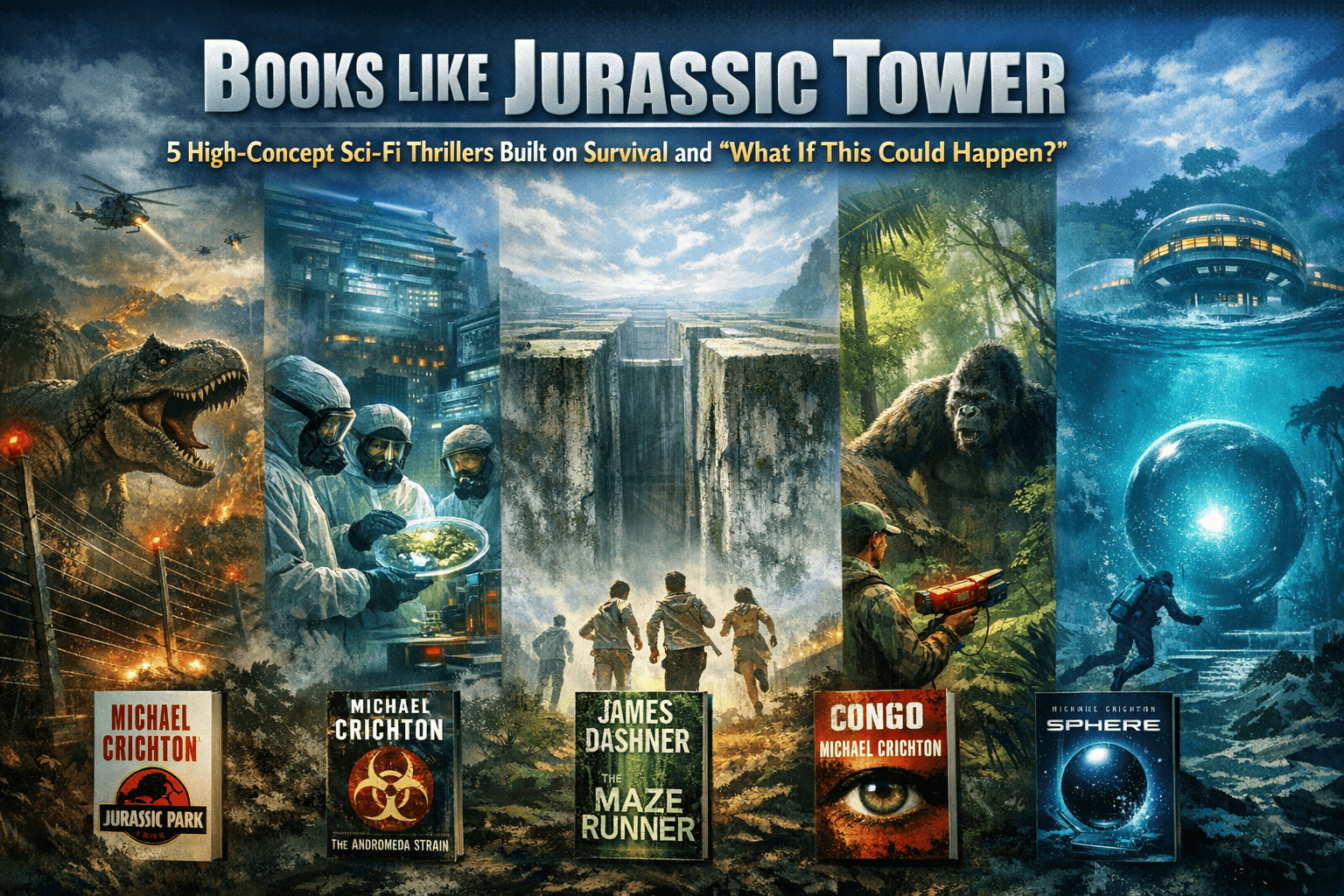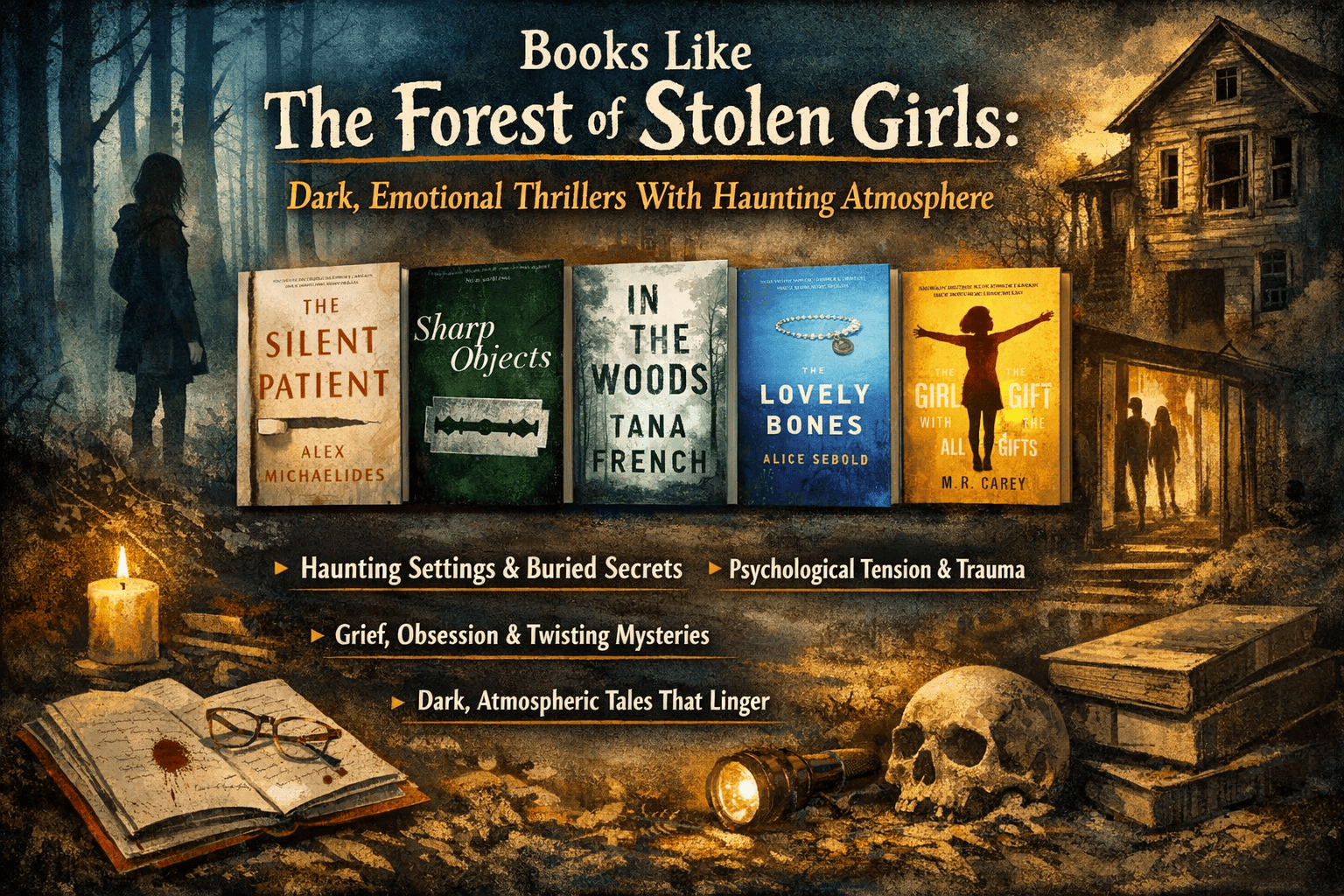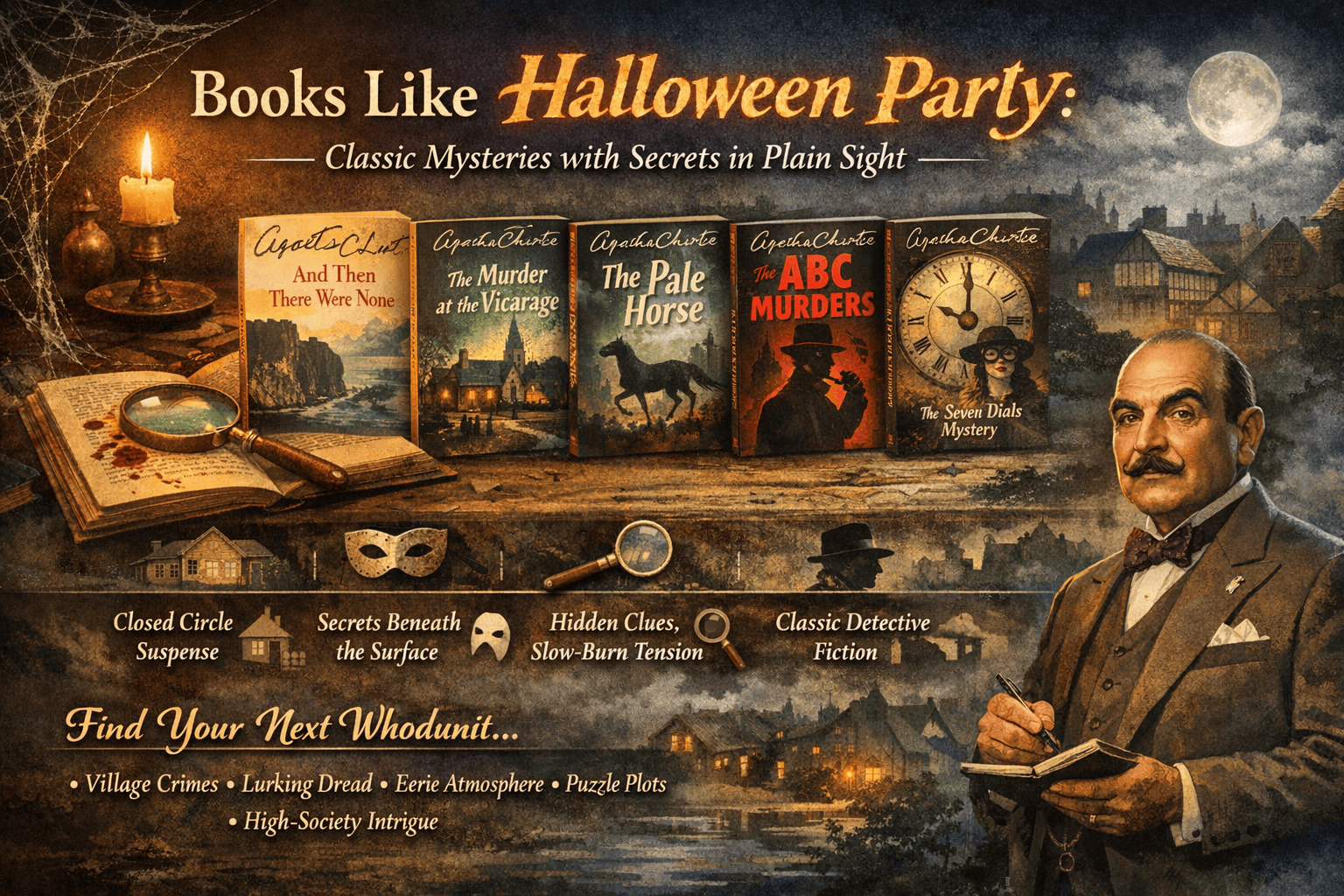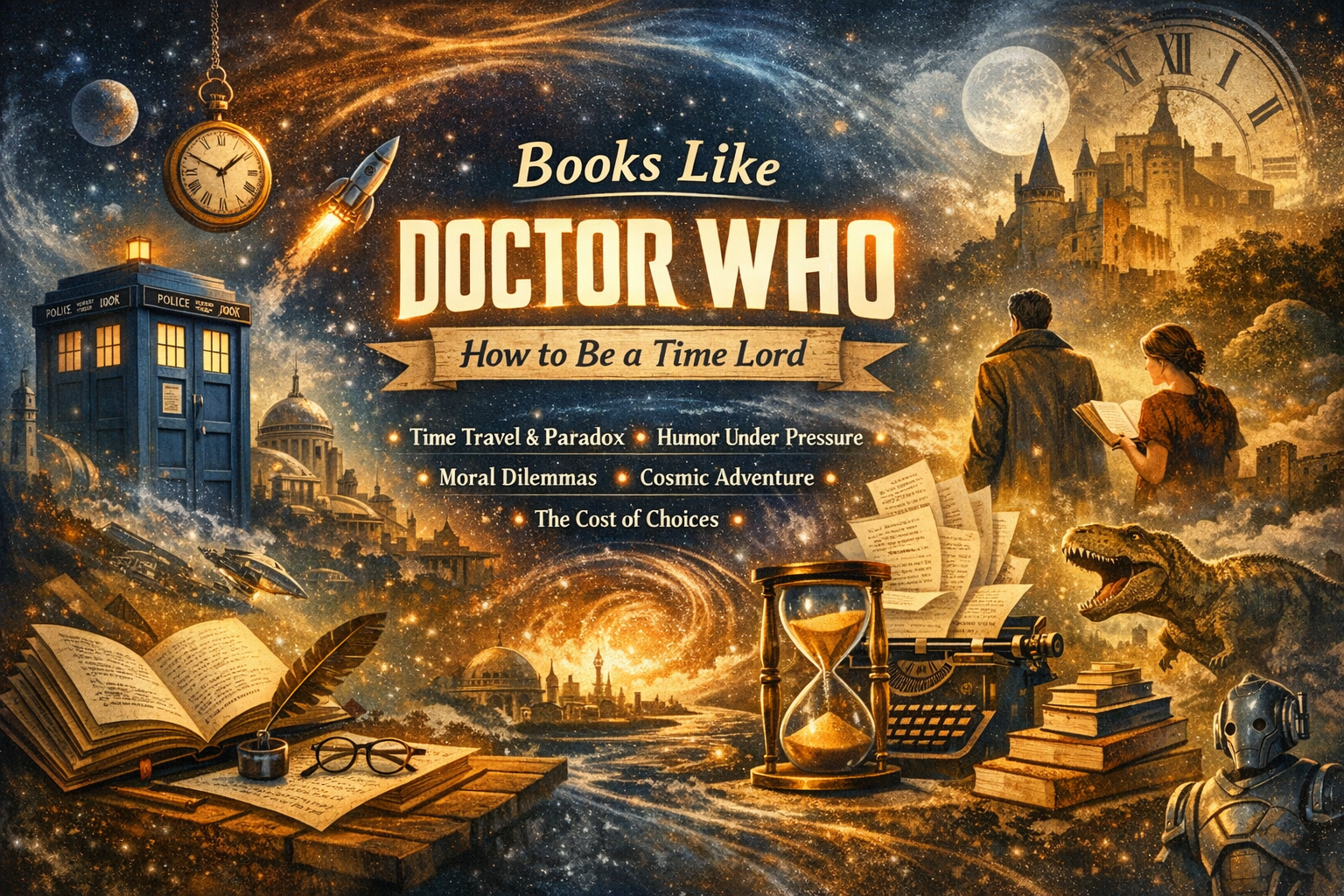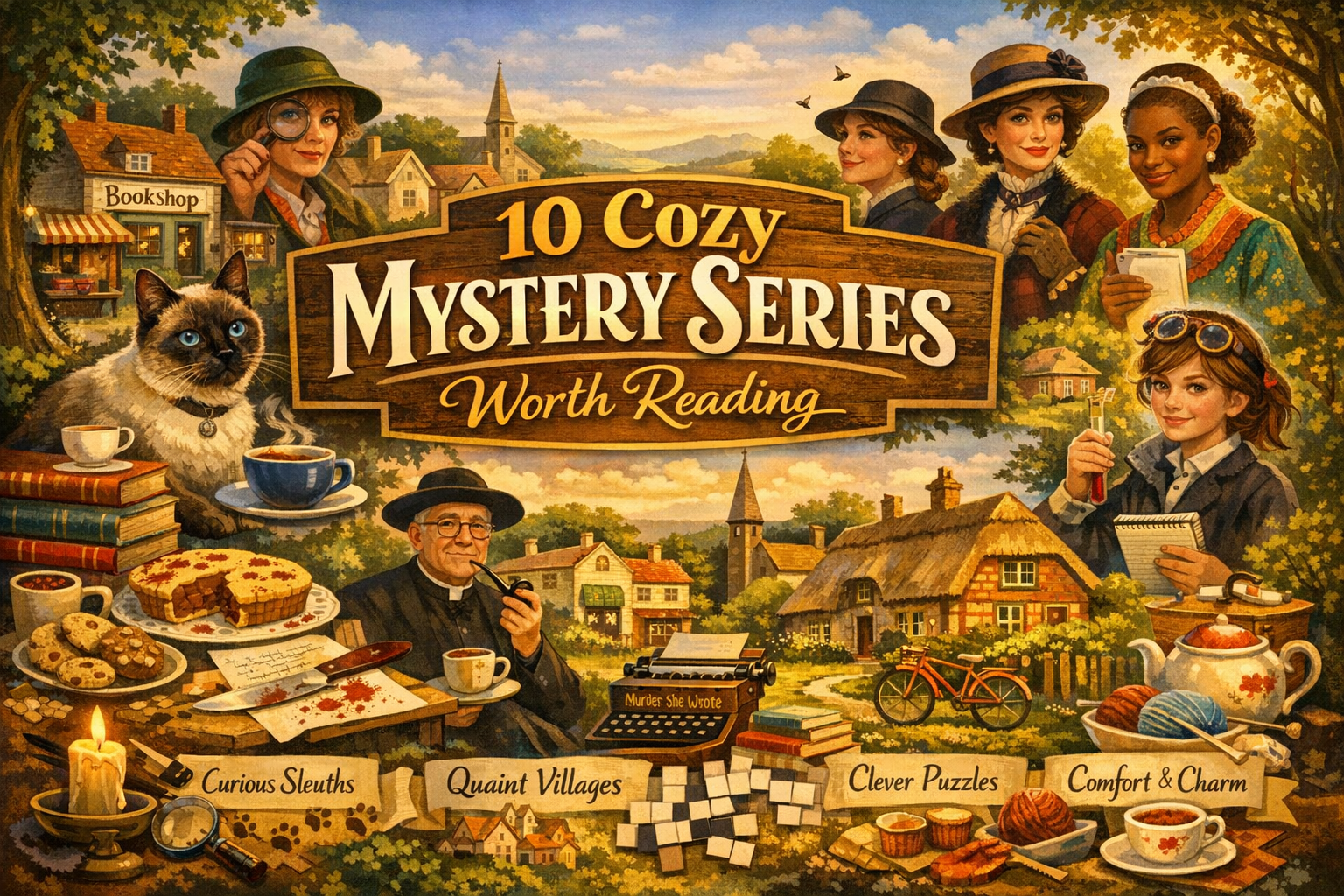Books That Help You Write a Resume with No Experience
Everyone starts somewhere. Whether you're a recent graduate, a high school student, someone switching careers, or reentering the workforce after a break—writing a resume with little to no experience can feel intimidating. You might be asking yourself: What do I even put on a resume if I haven’t had a real job?
Luckily, you're not alone—and even better, you don’t have to figure it out alone. Over the years, several books have been written specifically to help job seekers craft strong, professional resumes even if they don’t have a long employment history. These books offer guidance, templates, and real-world examples to help highlight your skills, achievements, and potential in a way that catches a hiring manager’s eye.
At Junkybooks, we’ve curated a list of the most helpful books designed to turn “no experience” into “ready to hire.” Let’s explore how these books help you write a compelling resume that opens doors.
Why You Don’t Need Years of Experience to Write a Great Resume
Before we dive into the books, let’s bust a myth: Employers aren’t only looking for experience—they’re looking for potential.
Here’s what you can highlight in place of traditional work history:
-
Transferable skills from school, volunteering, or hobbies
-
Coursework, certifications, or training
-
Internships and part-time jobs
-
Soft skills like communication, teamwork, and leadership
-
Personal projects or freelance work
A great resume tells a story—and even with limited job history, your story is still valuable.
1. “Resumes for Dummies” by Laura DeCarlo
Don’t let the title fool you—this book is a powerhouse resource, especially for beginners. It explains resume writing from the ground up, including how to format, what to include, and how to sell yourself when you have little experience.
What you'll learn:
-
How to craft resumes based on your current situation
-
How to use a functional or combination format to your advantage
-
Sample resumes for students and first-time job seekers
Why it’s great: It’s comprehensive, beginner-friendly, and packed with sample templates for those who feel lost.
2. “The Damn Good Resume Guide” by Yana Parker
This classic resume book has been updated multiple times and remains relevant for job seekers of all levels. It’s especially useful for those who need to showcase their skills, interests, and strengths without relying on job titles.
What you'll learn:
-
How to build a resume from scratch
-
When to use skills-based formats
-
Dozens of real resumes for career changers, students, and non-traditional candidates
Why it’s great: It shows how to turn any life experience into resume gold, with simple, effective language.
3. “Knock ’Em Dead Resumes” by Martin Yate
Martin Yate is one of the most well-known career coaches in the world, and this book focuses on how to present yourself well even if you’re new to the workforce.
What you'll learn:
-
How to choose the right resume format
-
Techniques for highlighting potential instead of past experience
-
Common resume mistakes and how to avoid them
Why it’s great: It’s ideal for job seekers who want a professional, polished look without needing fancy credentials.
4. “How to Write a Resume When You Have No Experience” by Richard Walsh
This book was written specifically for people in your position. It walks you step-by-step through the process of writing your first resume, using simple language and realistic examples.
What you'll learn:
-
How to use education and life experiences
-
Which soft skills matter most
-
How to make your resume stand out, even if you’ve never had a job
Why it’s great: It’s short, sweet, and focused on entry-level job seekers—exactly what you need.
5. “Cover Letter Magic” by Wendy S. Enelow and Louise M. Kursmark
While not strictly a resume book, this guide is perfect for creating a cover letter that complements your resume, especially when your experience is limited. A well-written cover letter can explain your story and provide context for your resume.
What you'll learn:
-
How to write attention-grabbing cover letters
-
How to address gaps or lack of experience
-
Personal branding through storytelling
Why it’s great: A strong cover letter can fill in the blanks that a short resume leaves behind.
6. “The Quick Resume & Cover Letter Book” by Michael Farr
This book offers dozens of resume and cover letter samples tailored to entry-level applicants. It also provides detailed explanations and worksheets to help you get started.
What you'll learn:
-
How to write bullet points for achievements and responsibilities
-
How to tailor your resume to specific jobs
-
How to use your resume to get interviews, not just jobs
Why it’s great: It’s especially good for people who learn by seeing examples.
7. “Internship & Volunteer Resumes Made Easy” by Anne McKinney
If your resume will rely heavily on volunteer experience or internships, this book is for you. It’s a collection of real resumes that prove how unpaid experience can be just as valuable as paid work.
What you'll learn:
-
How to format internship and volunteer roles like jobs
-
Language to use when describing non-traditional experience
-
How to make unpaid work look professional
Why it’s great: It gives you the confidence to say, “Yes, this counts.”
8. “The Resume Writing Guide” by Lisa McGrimmon
This guide focuses on helping job seekers understand how hiring managers think. It explains what they’re looking for and how to write your resume accordingly, even if you’re applying for your first job.
What you'll learn:
-
How to identify and promote your strengths
-
What to include and exclude on a beginner resume
-
How to write a summary or objective statement that sells you
Why it’s great: It bridges the gap between what you know about yourself and what employers want to know.
9. “You’re Hired! Resume Tactics” by Louise Kursmark
Louise Kursmark is one of the leading voices in resume writing. This book shows how to strategically design a resume that passes ATS (Applicant Tracking Systems) and appeals to human eyes too—even when you’re new.
What you'll learn:
-
How to pass automated resume scanners
-
Layout and design tips for readability
-
Strategies to build a resume that grows with you
Why it’s great: It gives insight into modern hiring technology—a crucial topic for beginners.
10. “The Job Closer” by Steve Dalton
Though broader than resume writing, this book includes powerful tips on how to present yourself professionally when you don’t have much to show yet. It combines resume, networking, and interview advice into one handy package.
What you'll learn:
-
How to simplify your job hunt into manageable steps
-
How to identify and market your skills
-
How to position yourself as a must-hire, even without a long resume
Why it’s great: It focuses on strategy, not just formatting—and that makes a difference.
Key Tips from the Best Resume Books
Let’s quickly summarize what these books collectively teach you:
Use a functional or hybrid format – Emphasize your skills and education rather than work history
Lead with a strong objective or summary – Show enthusiasm and career goals upfront
Highlight achievements from school, projects, or volunteering
Use action words – Avoid “responsible for” and go for strong, specific language like “organized,” “led,” or “created”
Keep it clean and concise – One page is plenty for your first resume
Tailor each resume to the job – Show that you understand what the employer wants
Final Thoughts
No experience? No problem. With the right resume-writing book as your guide, you can turn your potential into opportunity. Remember, every experienced professional started with a blank resume, just like you. What matters is how well you present your story, your skills, and your willingness to grow.
These resume books provide not only templates and examples, but the confidence and clarity to write resumes that get results—even if you’re just starting out.
At Junkybooks, we believe books are one of the most valuable tools a job seeker can invest in. Whether you’re looking for your first job, an internship, or a career shift, the right guidance can make all the difference.


